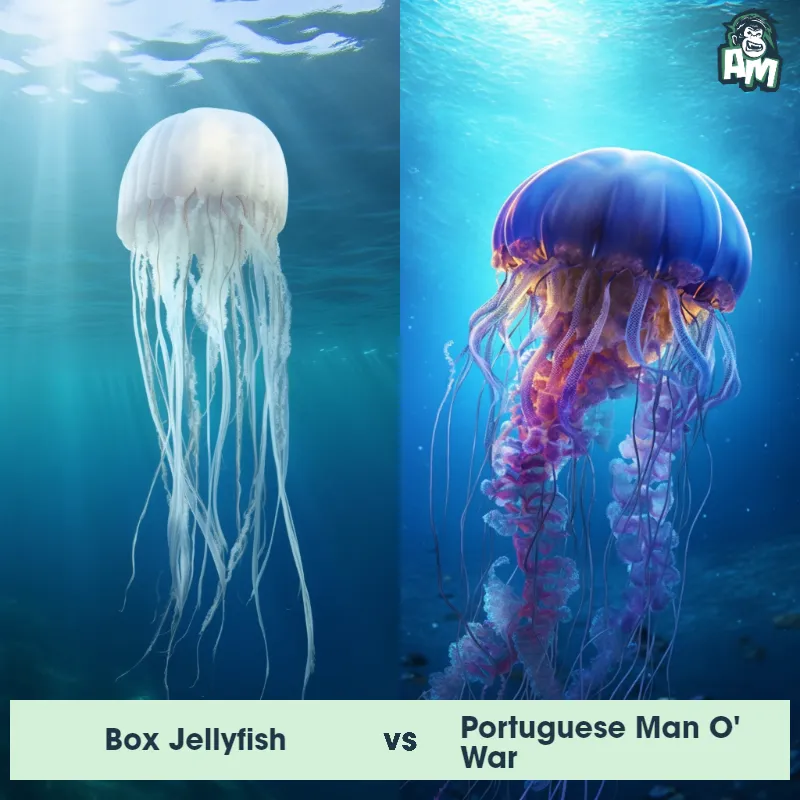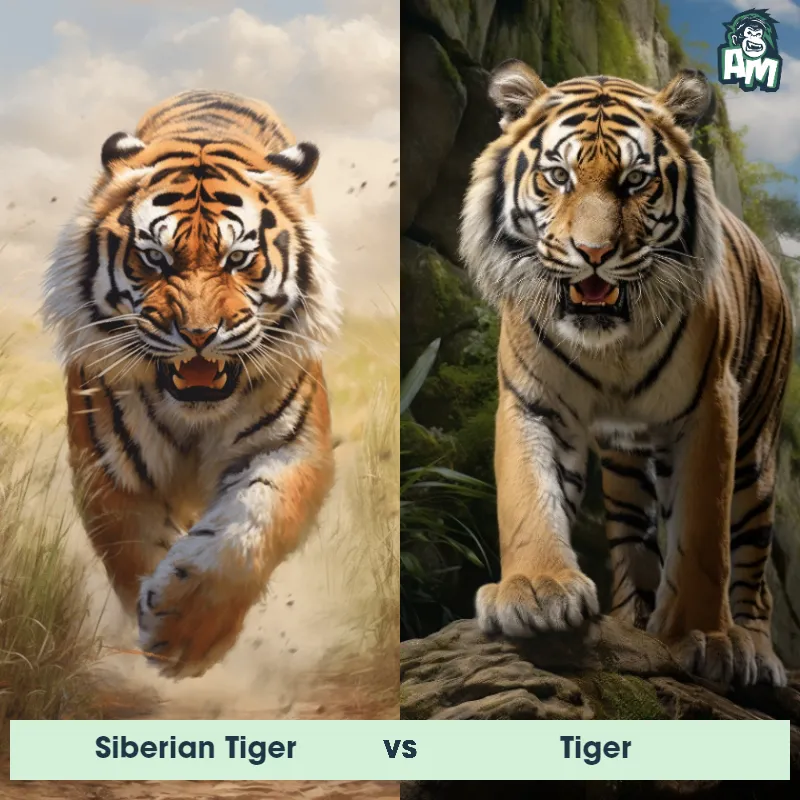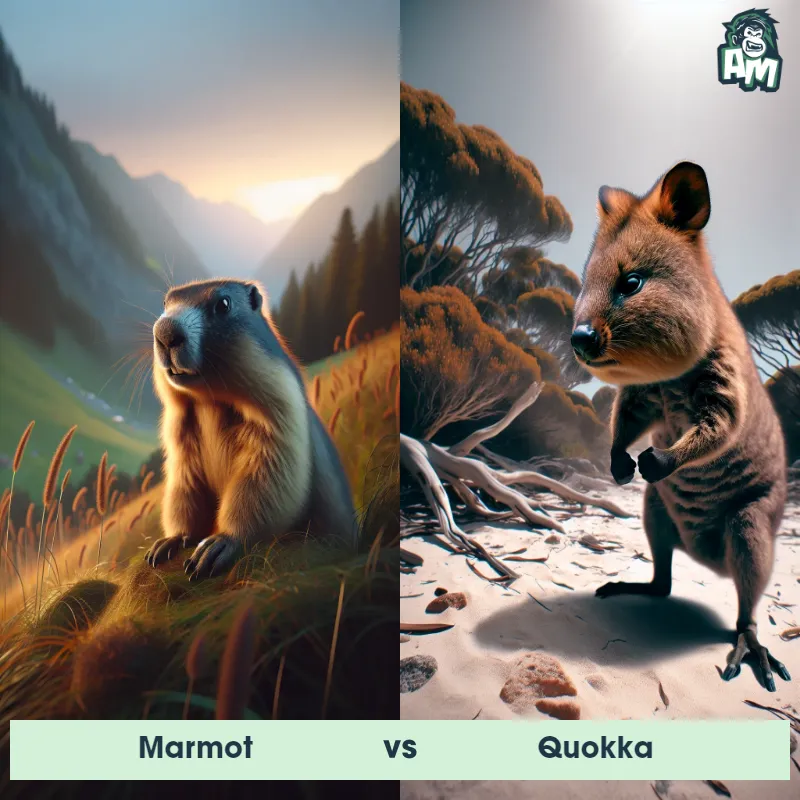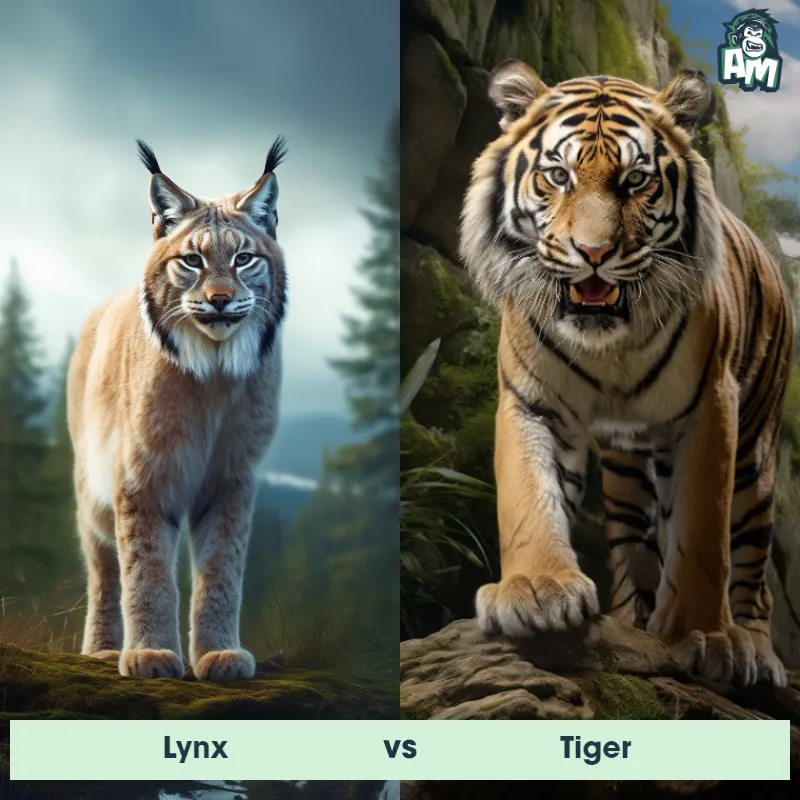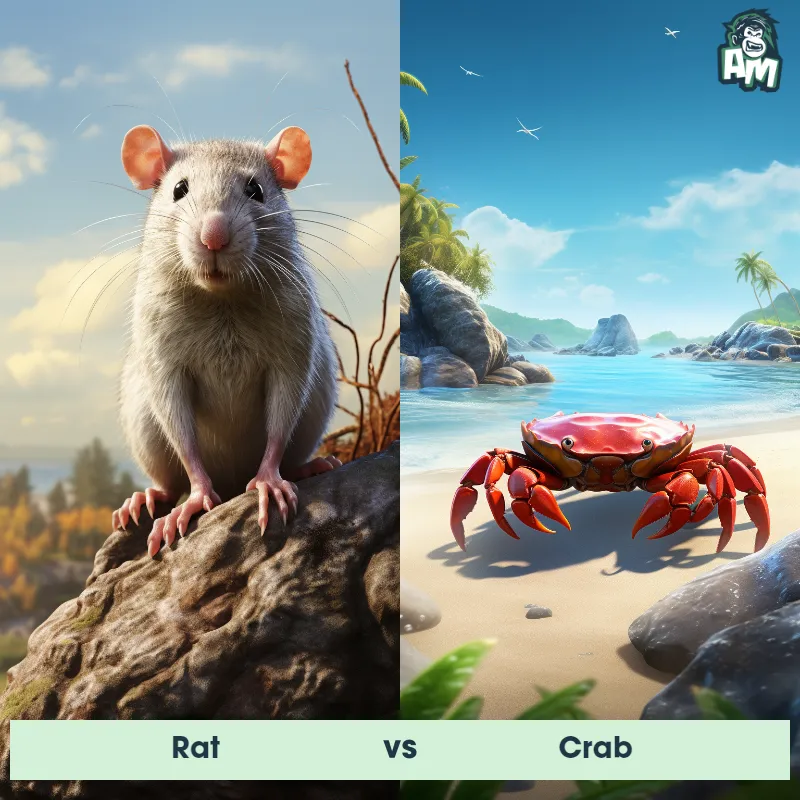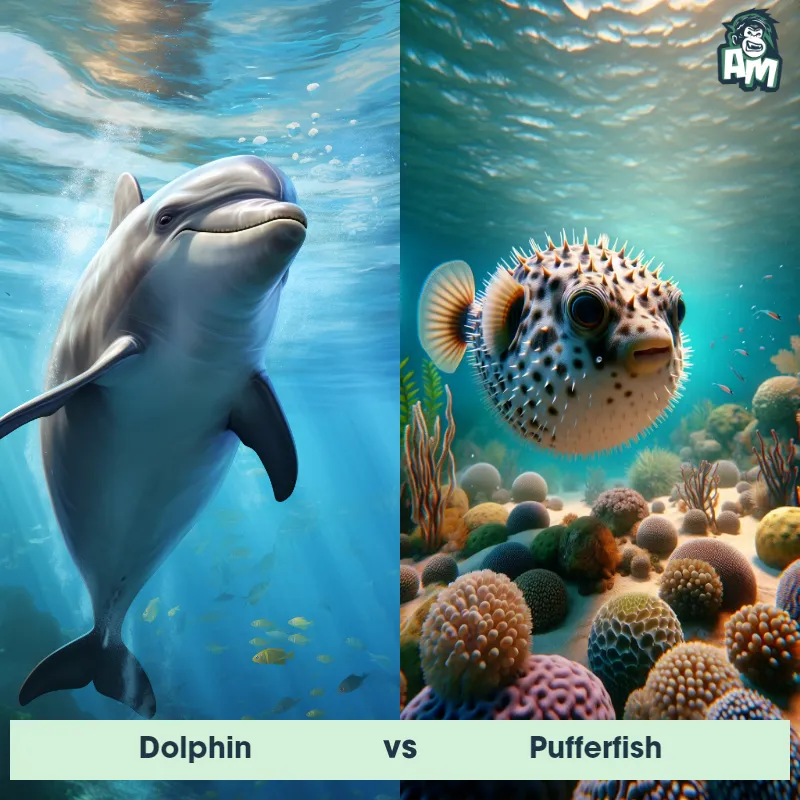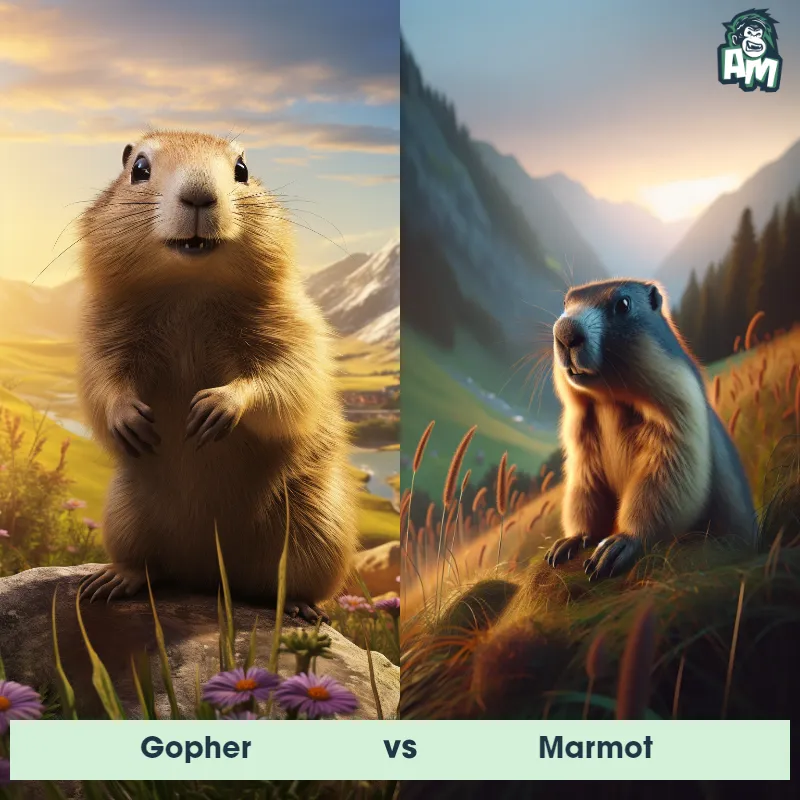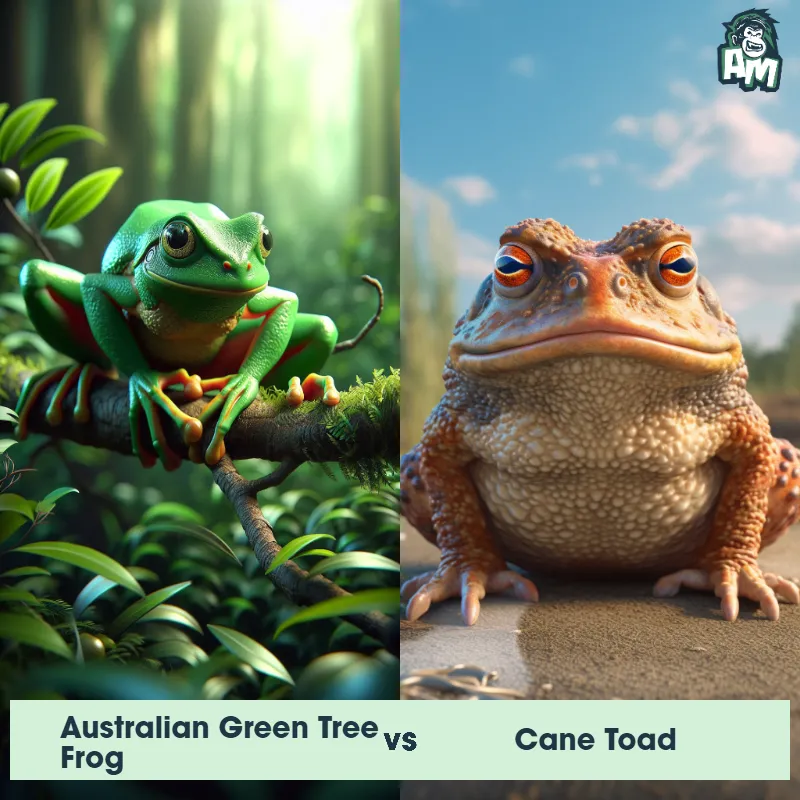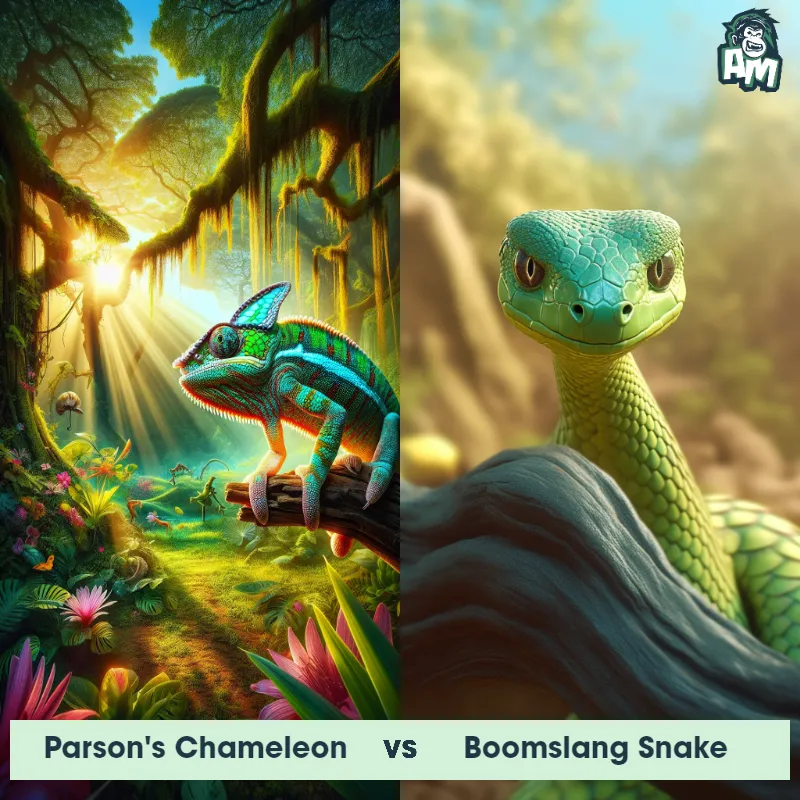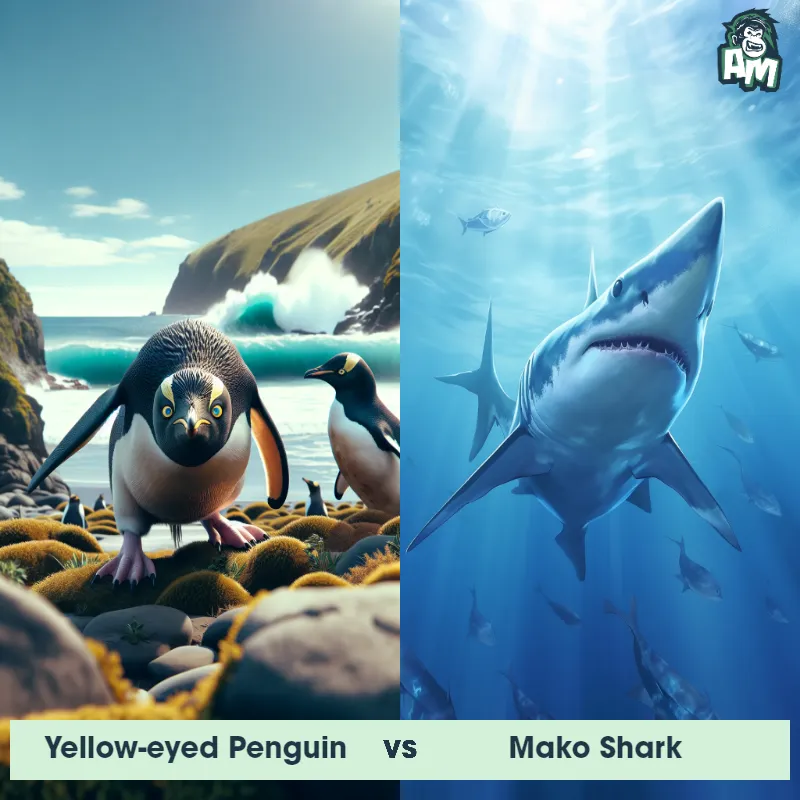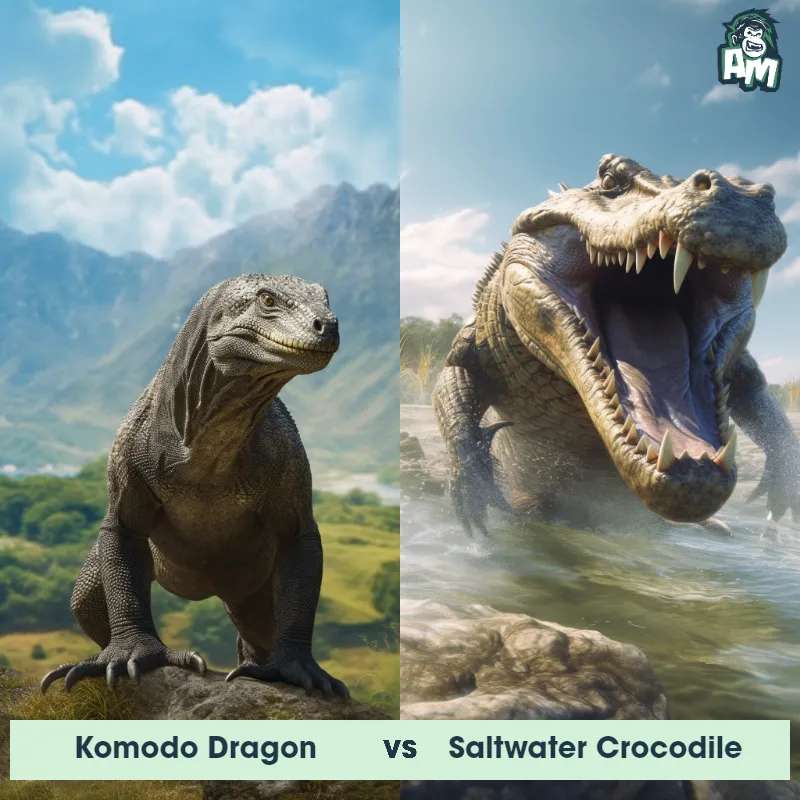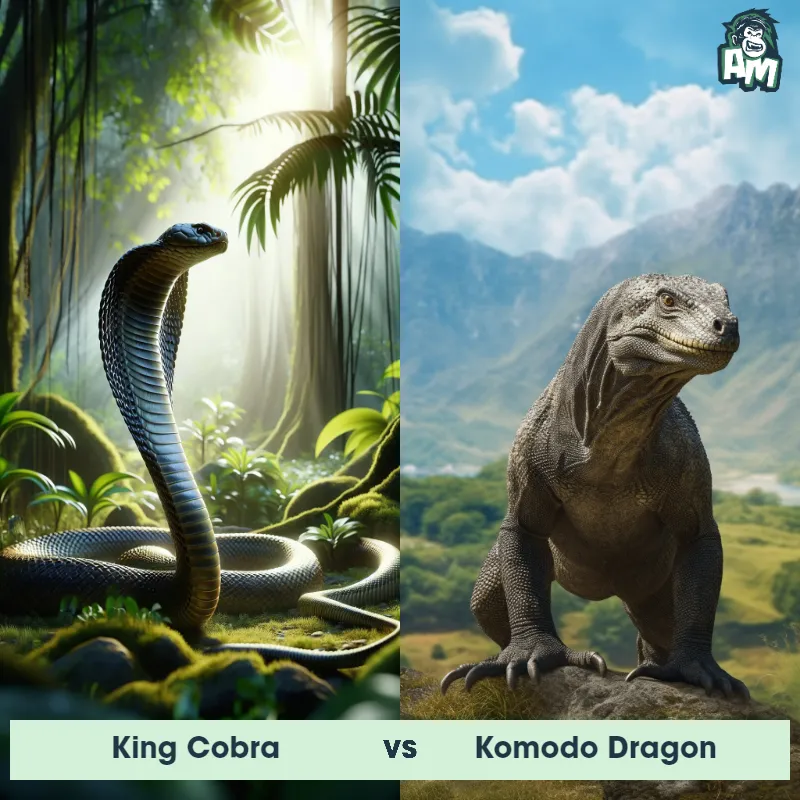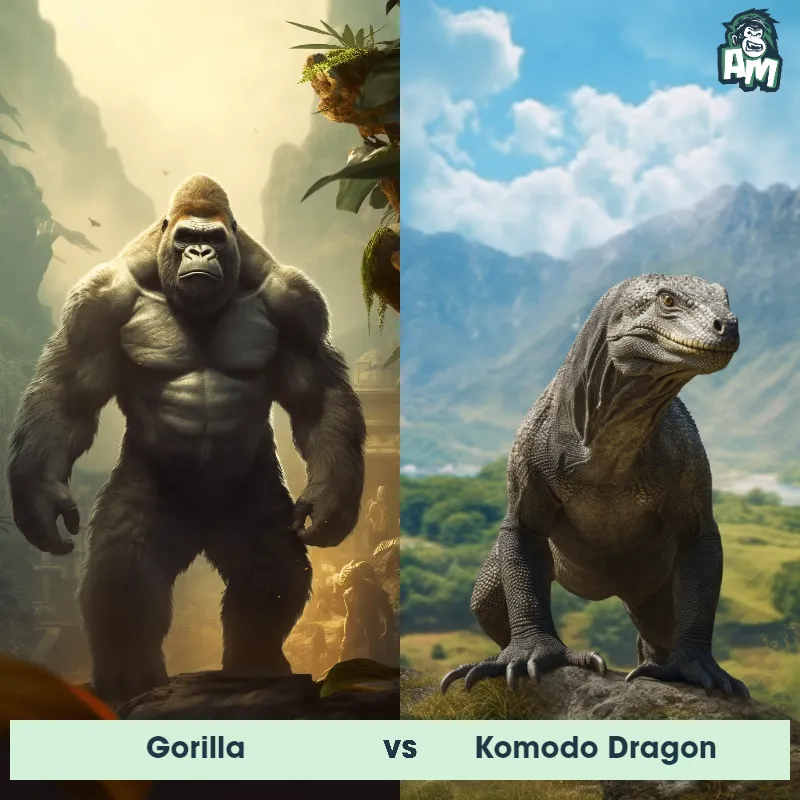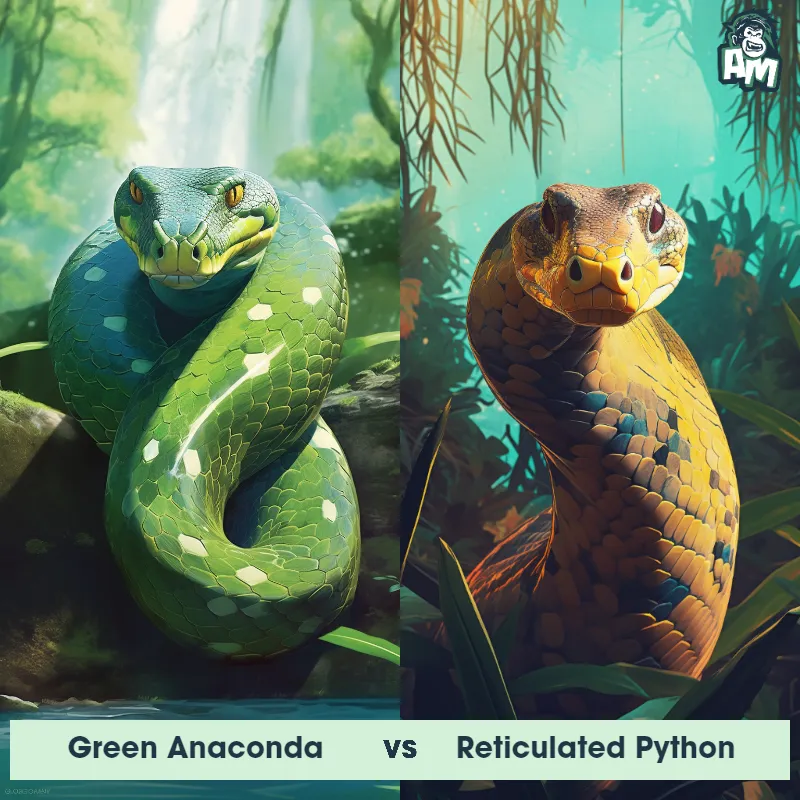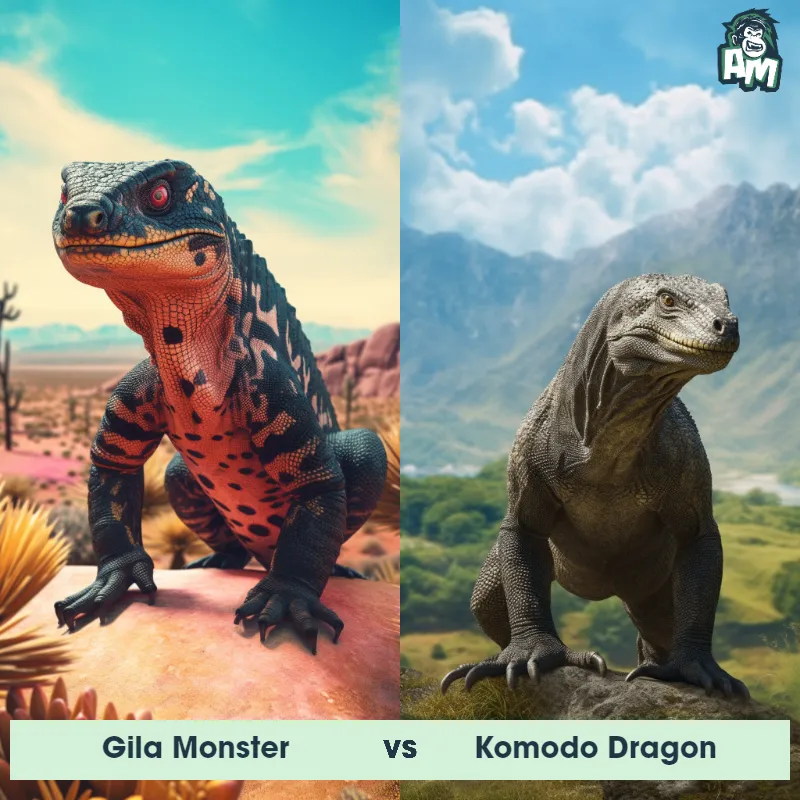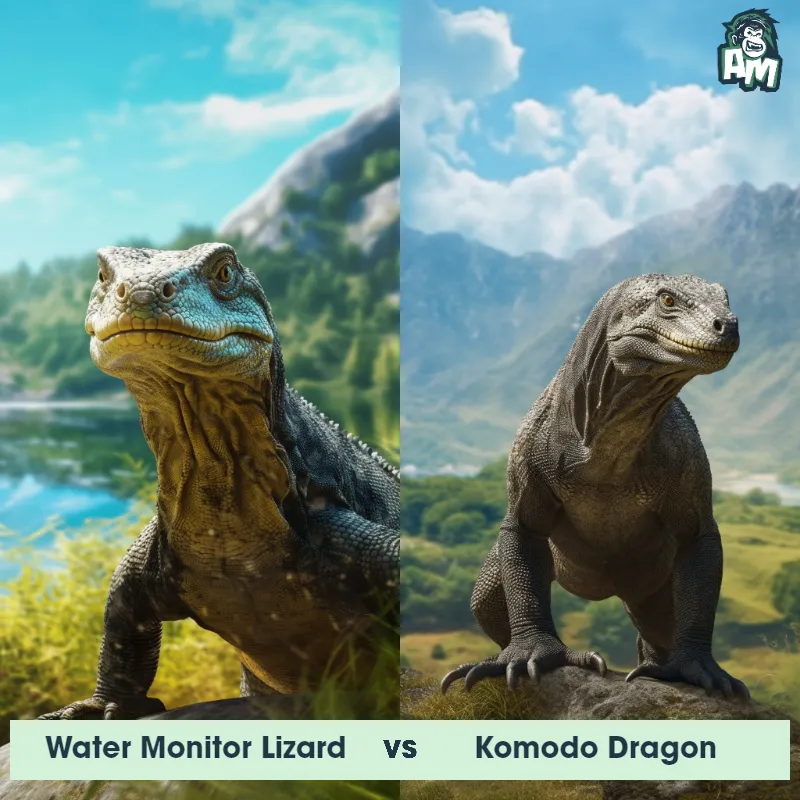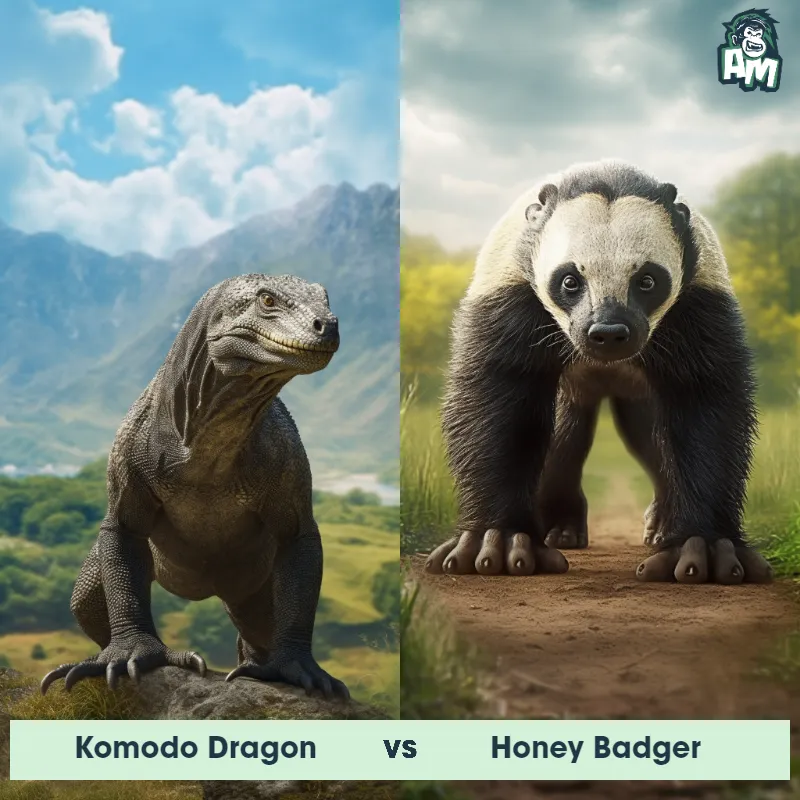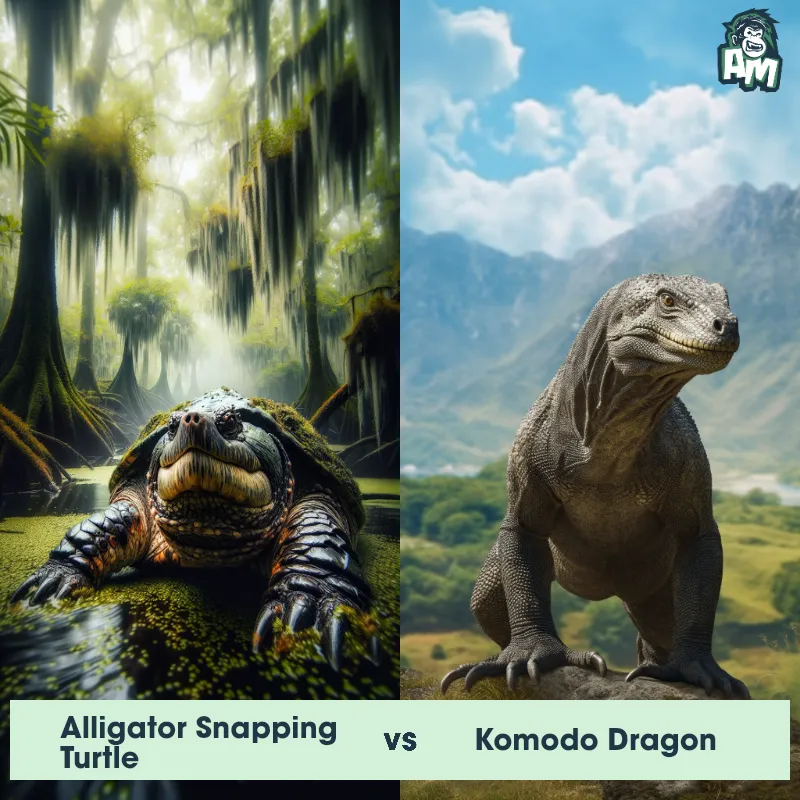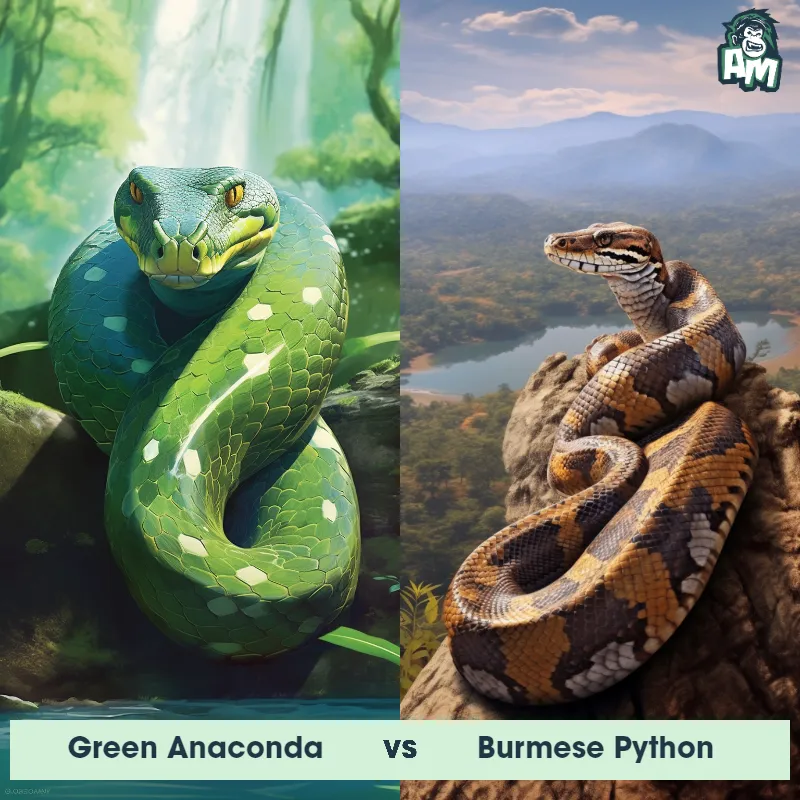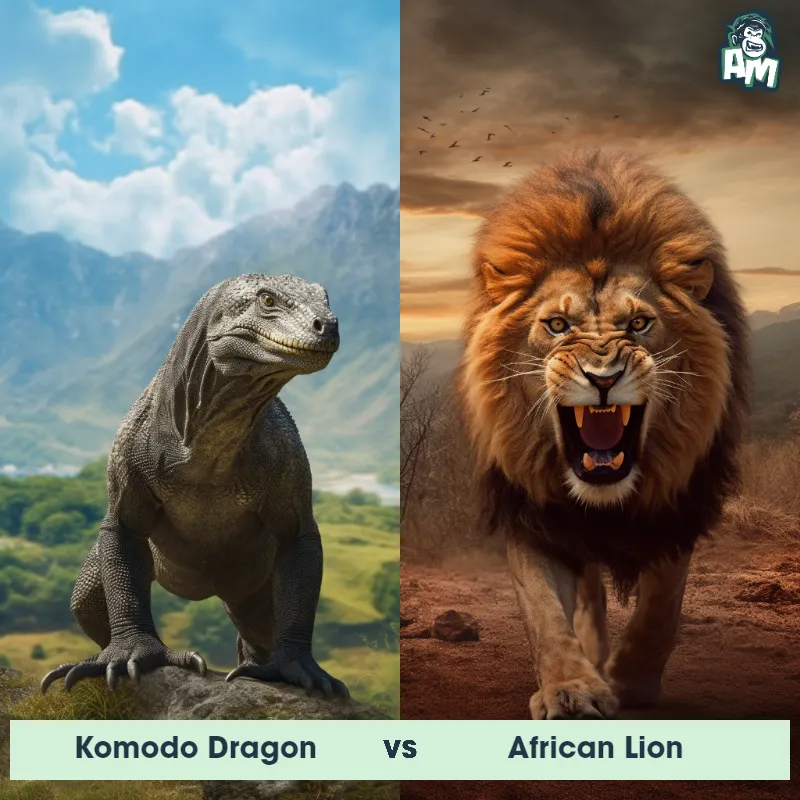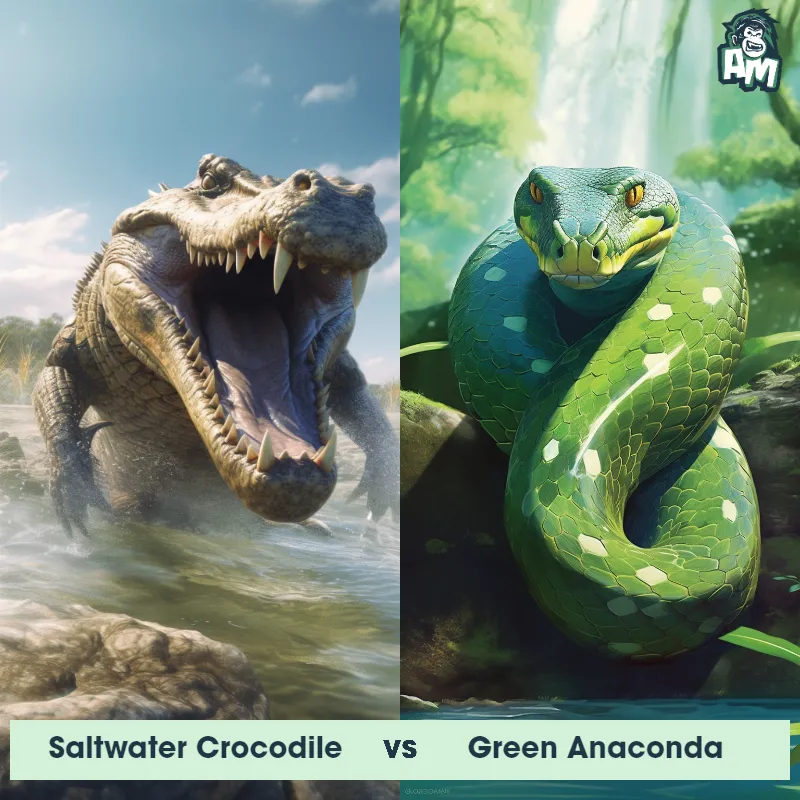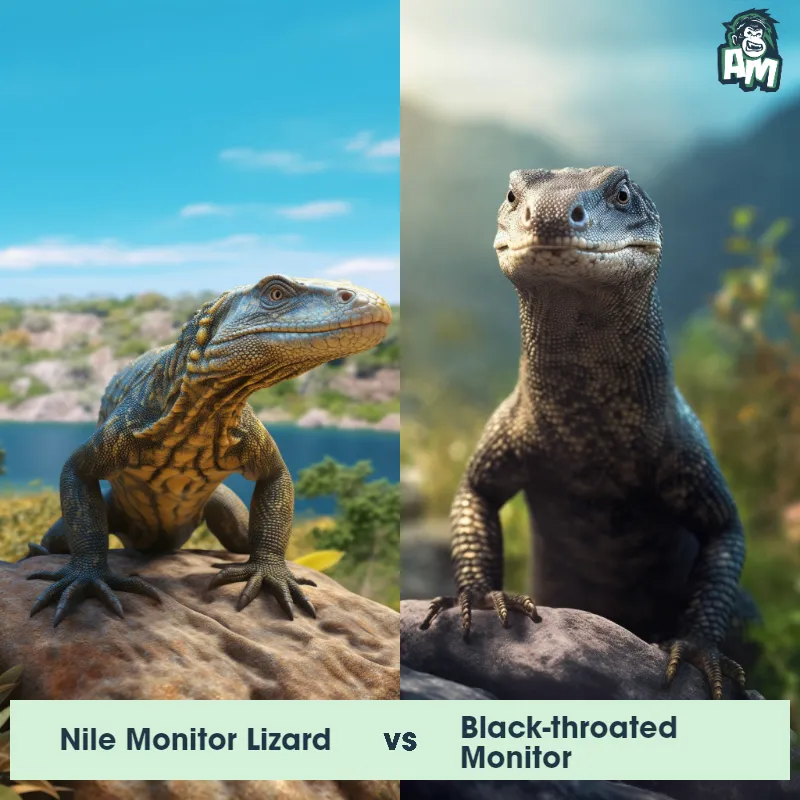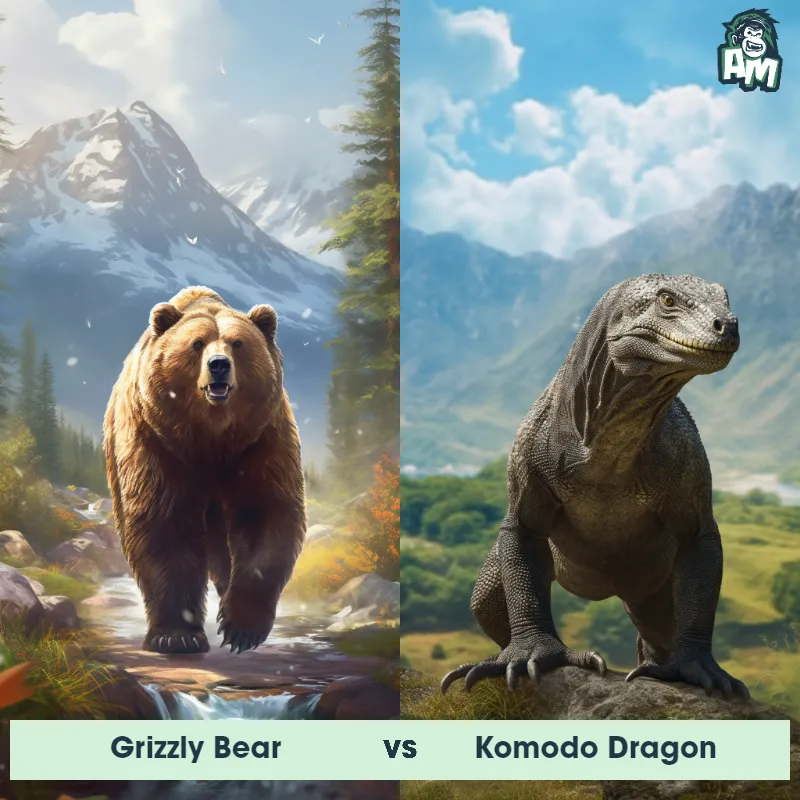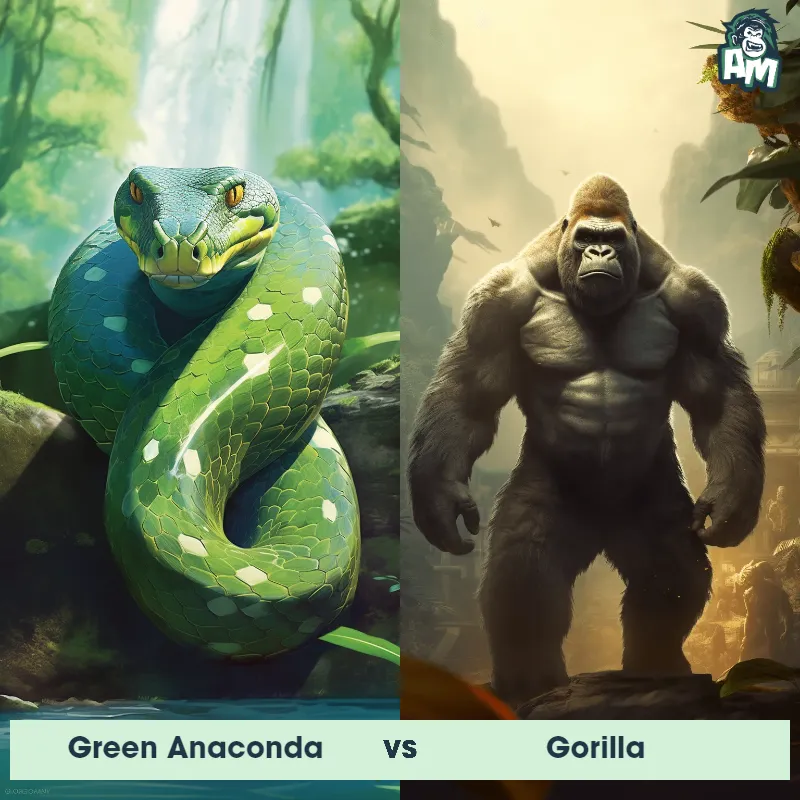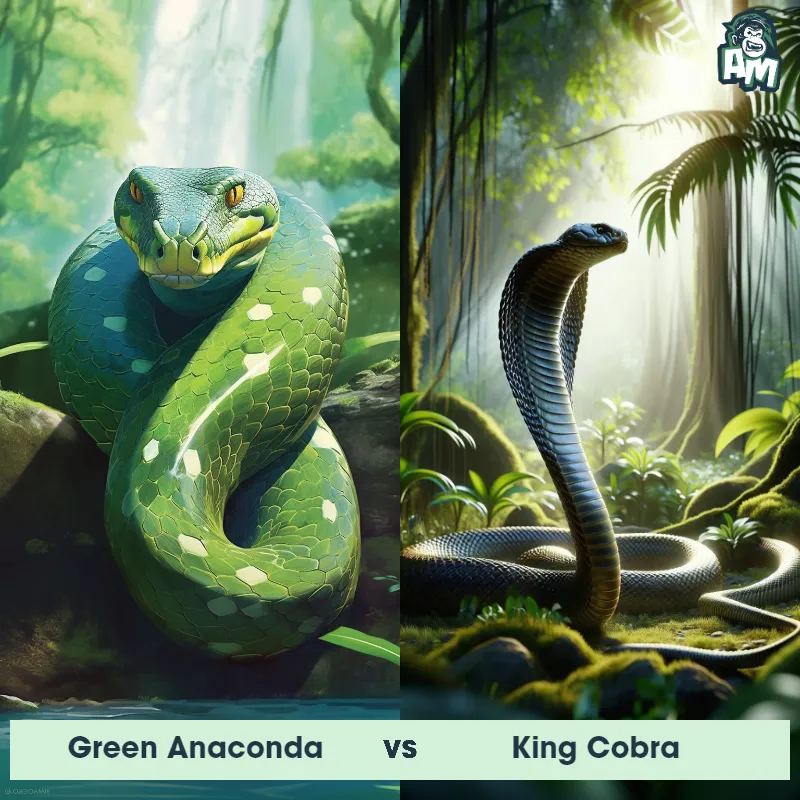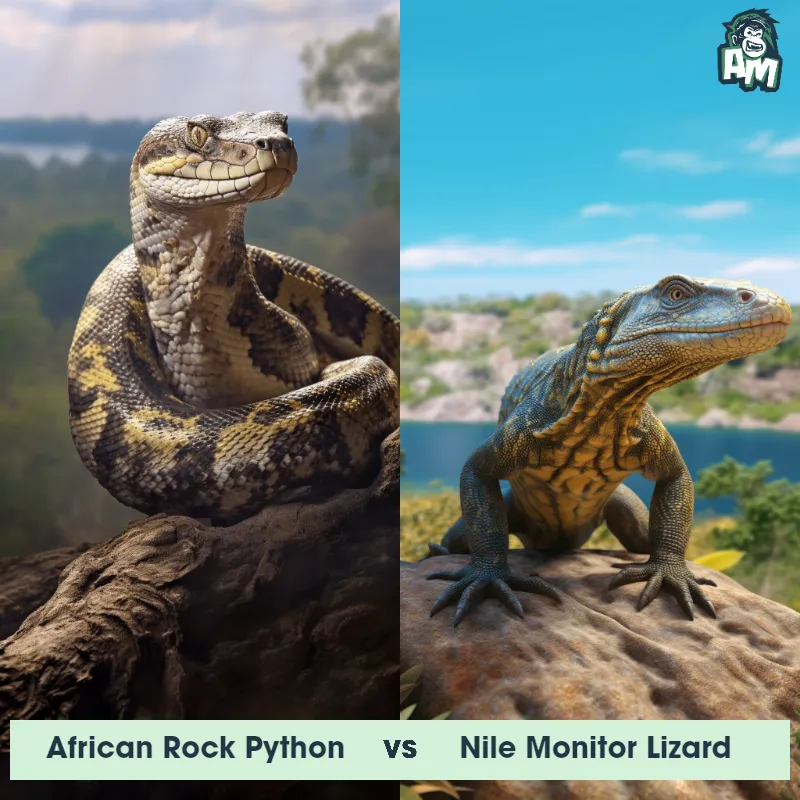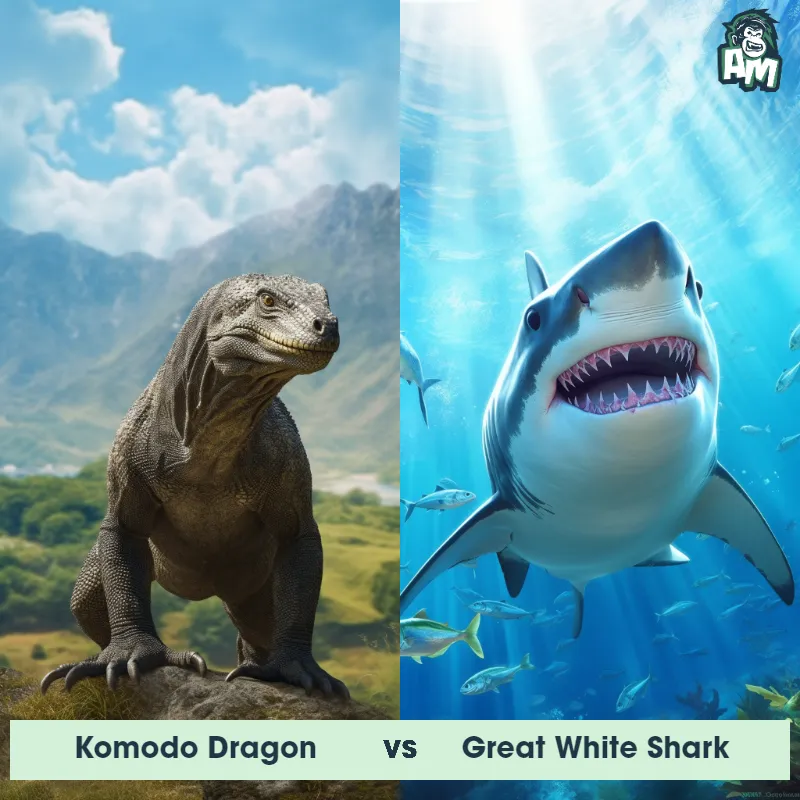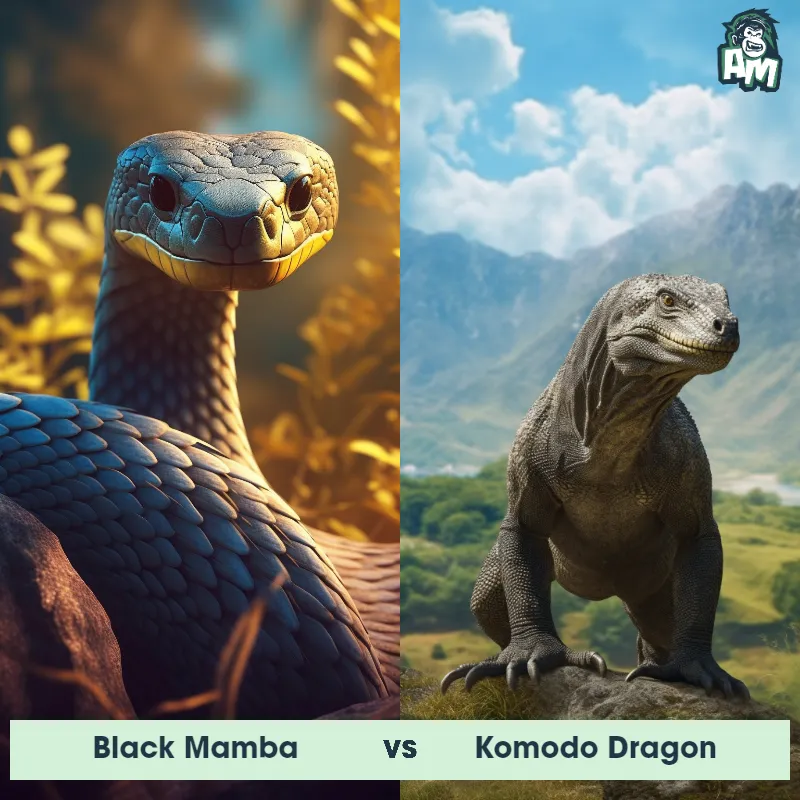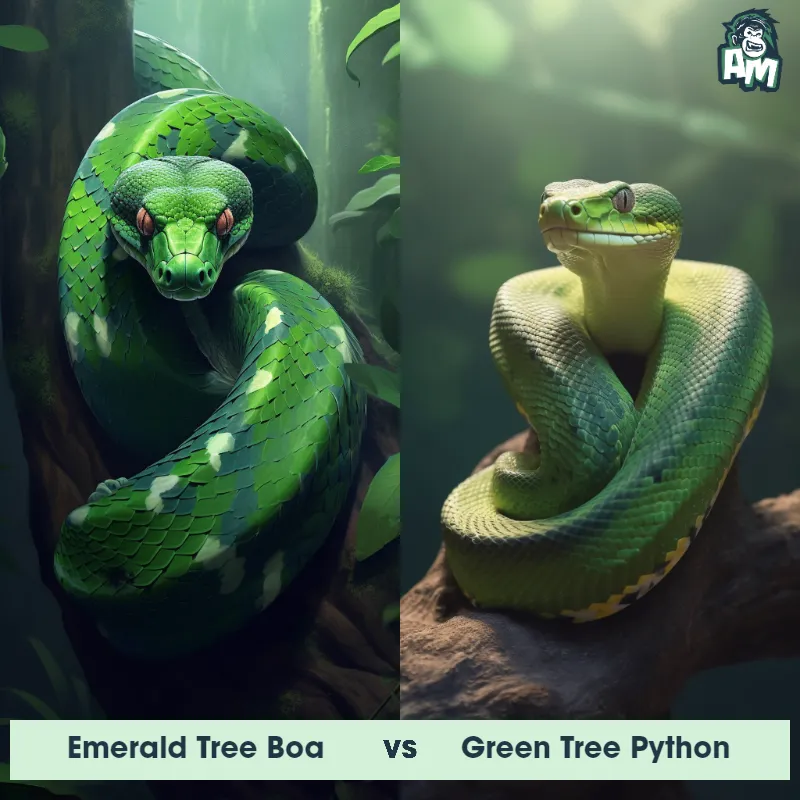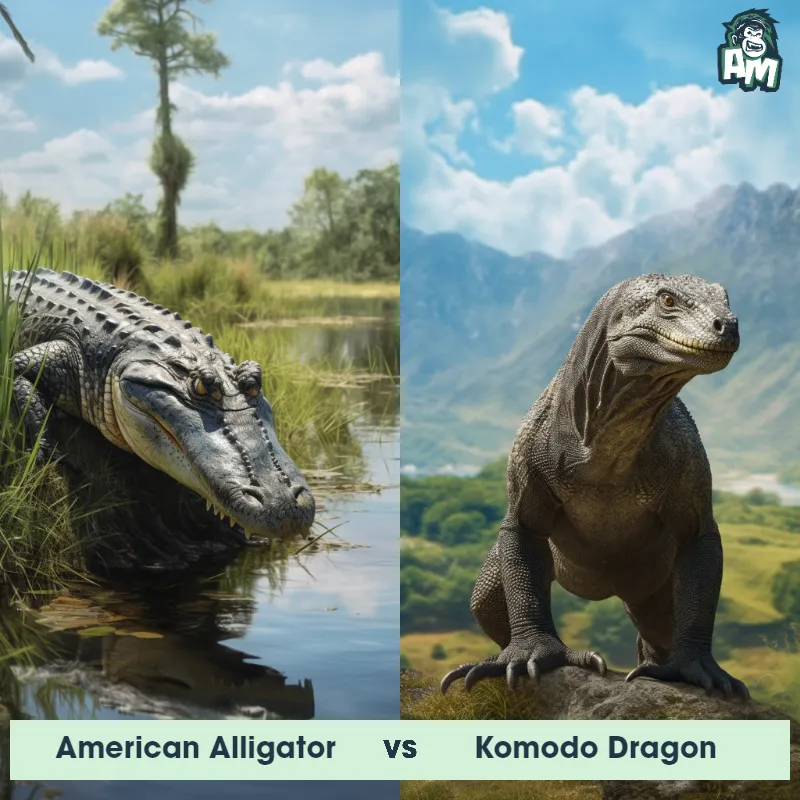Green Anaconda vs Komodo DragonSee Who Wins
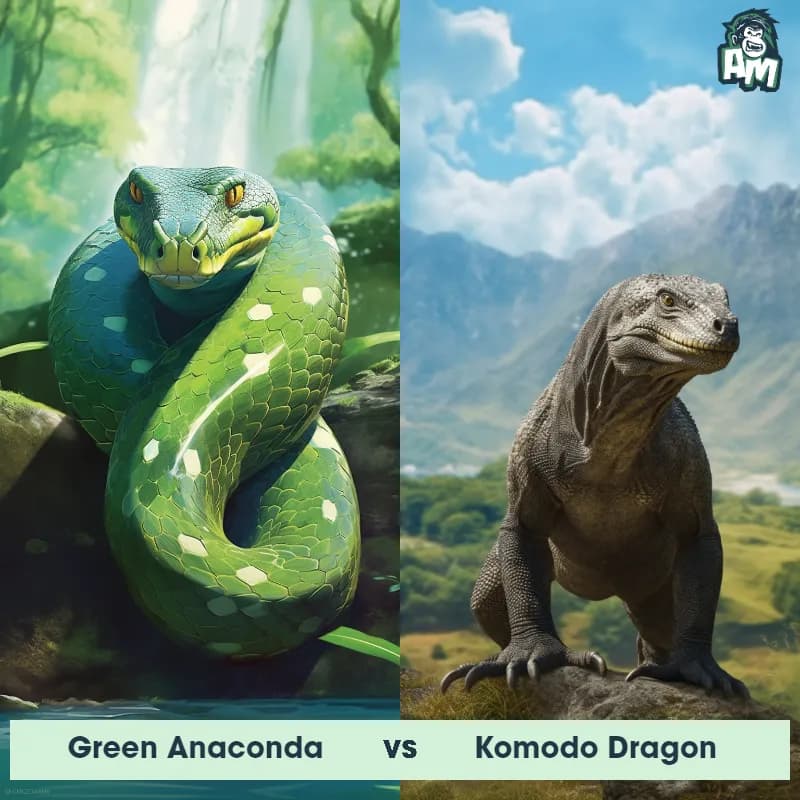
Ladies and gentlemen, prepare for a clash that transcends habitats and continents! On one side, we have the Green Anaconda, the heavyweight champion of the Amazon, known for its immense size and crushing power. On the other, the Komodo Dragon, the largest living lizard, armed with razor-sharp teeth and a venomous bite. As the ground trembles and the air thickens with tension, let's witness this colossal confrontation!
Contender 1: Green Anaconda
The Green Anaconda, also known as the common anaconda, is one of the largest and heaviest snakes in the world, with females growing up to 30 feet long and weighing over 500 pounds. They have a dark green coloration with black oval spots along their back and sides, and their eyes and nostrils are located on the top of their head, allowing them to breathe and see while mostly submerged in water. They are non-venomous constrictors, using their powerful muscles to squeeze their prey to death before swallowing them whole.
Fun Fact: Green Anacondas are excellent swimmers and can stay underwater for up to 10 minutes, using their nostrils to breathe while submerged.
Contender 2: Komodo Dragon
The Komodo Dragon, also known as the Komodo monitor, is a large species of lizard that can grow up to 10 feet long and weigh up to 300 pounds. They have rough, scaly skin, sharp claws, and a long, powerful tail. Their teeth are serrated and can deliver a venomous bite that can cause paralysis and death in their prey. They are native to the Indonesian islands of Komodo, Rinca, Flores, Gili Motang, and Padar.
Fun Fact: Komodo Dragons have a keen sense of smell and can detect carrion from up to 5 miles away.
Matchup Stats
| Green Anaconda | Komodo Dragon | |
|---|---|---|
| Size | Up to 30 feet (9.1 meters) long | Up to 10 feet (3 meters) long |
| Weight | Over 500 pounds (227 kilograms) | Up to 300 pounds (136 kilograms) |
| Speed | Speed: 5 mph (8 km/hr) | Speed: 12 mph (19.31 km/hr) |
| Key Strength | Powerful constricting muscles | Powerful jaws and sharp teeth |
| Biggest Weakness | Slow movement on land | Slow movement and lack of agility |
Current Votes
Green Anaconda vs Komodo Dragon
See Who Wins
View More Matches
Looking For More?
Similar Matches
Scientific Stats
| Green Anaconda | Komodo Dragon | |
|---|---|---|
| Scientific Name | Eunectes murinus | Varanus komodoensis |
| Family | Boidae | Varanidae |
| Habitat | Freshwater rivers, swamps, and marshes | Terrestrial |
| Geography | South America | Indonesian islands of Komodo, Rinca, Flores, Gili Motang, and Padar |
| Diet | Carnivorous, feeding on a variety of prey including fish, birds, mammals, and reptiles | Carnivorous, primarily eats deer, pigs, and water buffalo |
| Lifespan | 10 years - 30 years | 20 years - 30 years |
Key Differences between Green Anaconda and Komodo Dragon
- Coloration: Green Anacondas have a dark green coloration with black spots along their back, blending in with their surroundings in the dense vegetation. Komodo Dragons have a rough, scaly skin that ranges in color from gray to brown, enabling them to camouflage in their rocky habitat.
- Head Shape: The Green Anaconda possesses a large, rounded head with eyes positioned on the top, allowing them to remain mostly submerged while keeping a lookout. In contrast, the Komodo Dragon has a triangular-shaped head with a prominent jawline and a long, forked tongue.
- Body Shape: The Green Anaconda has a long, cylindrical body with a thick midsection, whereas the Komodo Dragon has a more robust, stocky body with strong limbs.
- Skin Texture: The Green Anaconda has smooth, glossy scales, while the Komodo Dragon's skin is rough and covered in small, bumpy scales.
- Tail Structure: The Green Anaconda has a long, muscular tail that tapers gradually towards the tip, aiding in its swimming ability. The Komodo Dragon, on the other hand, has a shorter, thick tail that provides balance and stability during its terrestrial movements.
- Size: The Green Anaconda is significantly larger than the Komodo Dragon, with adult anacondas reaching lengths of up to 30 feet, while Komodo Dragons typically grow to around 10 feet in length.



